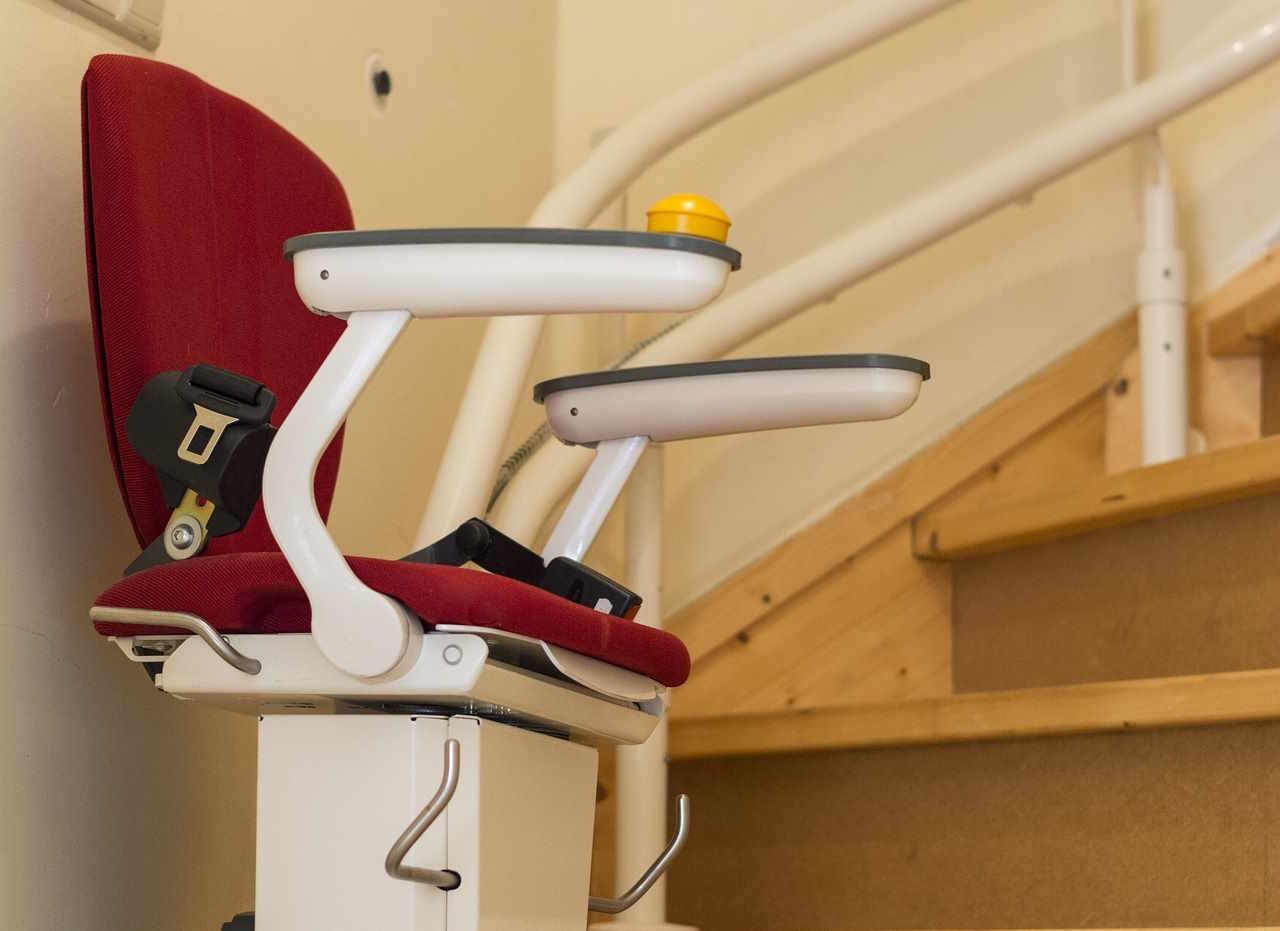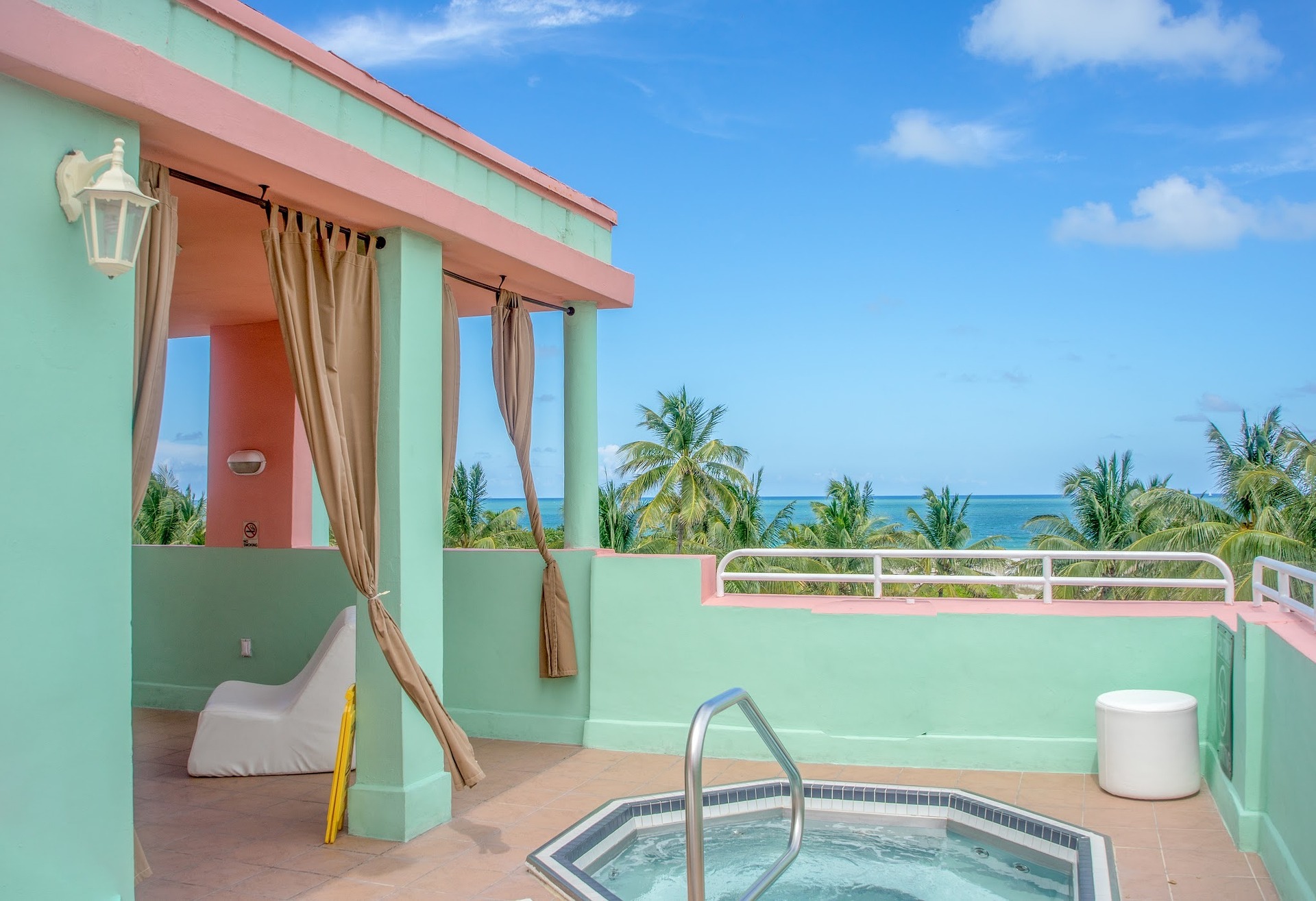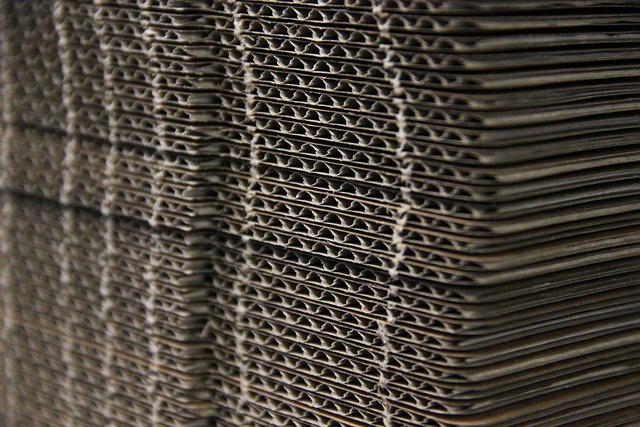Home Cleaning Tips for Seniors with Health Sensitivities
As we age, our home environment plays a major role in overall well-being. For seniors with respiratory conditions or allergies, even daily cleaning can become a health factor. This guide focuses on safe cleaning routines, protective practices, and gentle products suited for sensitive individuals.

What are safe home cleaning routines for people with asthma?
Establishing asthma-friendly cleaning routines requires careful attention to timing, products, and techniques. The most effective approach involves cleaning during times when natural ventilation is optimal, typically in the morning when outdoor air quality is better. Start by opening windows and doors to create cross-ventilation before beginning any cleaning activities. Focus on one room at a time to limit exposure duration and allow adequate recovery time between cleaning sessions.
Use the “wet cleaning” method whenever possible, as this technique captures dust and allergens rather than dispersing them into the air. Microfiber cloths dampened with plain water or mild solutions can effectively clean most surfaces without releasing particles. For individuals with severe asthma, consider breaking cleaning tasks into smaller segments spread across several days rather than attempting comprehensive cleaning in a single session.
How can seniors avoid strong fumes while cleaning?
Avoiding strong chemical fumes requires both product selection and strategic cleaning practices. Natural alternatives like white vinegar, baking soda, and mild dish soap can handle most cleaning tasks without producing harsh vapors. When mixing these solutions, use cool water to minimize vapor production, and always prepare cleaning solutions in well-ventilated areas away from your immediate breathing space.
Create a “fume-free zone” by positioning a fan near an open window to direct air outward while cleaning. If commercial cleaners are necessary, choose products labeled as “fragrance-free,” “low-VOC,” or specifically designed for sensitive individuals. Always read ingredient lists and avoid products containing ammonia, bleach, or strong acids. Consider investing in an air purifier with HEPA filtration to run during and after cleaning sessions.
Which cleaning tools reduce strain or risk of slipping?
Ergonomic cleaning tools significantly reduce physical strain and accident risk for seniors. Long-handled dusters and mops eliminate the need for reaching or bending, while lightweight vacuum cleaners with good maneuverability prevent overexertion. Spray mops with built-in solution dispensers reduce the need to carry heavy buckets, and extendable handles on various tools help maintain proper posture during cleaning.
For slip prevention, choose cleaning tools with non-slip grips and ensure proper footwear with good traction. Microfiber slippers designed for cleaning can safely address floor maintenance while providing stability. Place non-slip mats strategically around cleaning areas, and always clean floors in sections, allowing each area to dry before moving to the next to prevent walking on wet surfaces.
How do ventilation and timing improve cleaning safety?
Proper ventilation and strategic timing are fundamental to safe cleaning practices for health-sensitive seniors. The best cleaning window typically occurs during mid-morning hours when outdoor air quality is optimal and natural light provides better visibility. This timing also allows several hours for any residual particles or mild odors to dissipate before evening rest periods.
Open multiple windows to create cross-ventilation at least 15 minutes before starting and maintain airflow throughout the cleaning process. Use ceiling fans or portable fans to enhance air circulation, directing airflow away from your immediate workspace toward open windows. On days with poor outdoor air quality, consider postponing cleaning activities or limiting them to essential tasks only.
What unique considerations apply to senior cleaning in America?
American seniors face specific challenges related to varying climate conditions and housing types that affect cleaning strategies. In regions with high humidity, such as the Southeast, mold prevention becomes crucial, requiring more frequent but gentler cleaning routines using dehumidifiers alongside natural cleaning solutions. In drier climates like the Southwest, dust control takes precedence, with emphasis on air filtration and frequent surface wiping.
Many American seniors live in older homes with unique maintenance needs, including hardwood floors that require special care and vintage fixtures that may be sensitive to modern cleaning products. The prevalence of carpeting in American homes also requires specific attention to allergen control through regular professional cleaning and the use of HEPA-filter vacuums designed for sensitive individuals.
What are cost-effective cleaning product options for seniors?
Budget-conscious seniors can maintain healthy cleaning routines without expensive specialized products. Basic ingredients like white vinegar, baking soda, and castile soap cost significantly less than commercial cleaners while providing effective, fume-free cleaning power. A gallon of white vinegar typically costs under $3 and can clean most household surfaces when diluted appropriately.
| Product Type | Brand/Option | Cost Estimation | Key Benefits |
|---|---|---|---|
| All-Purpose Cleaner | White Vinegar Solution | $0.50 per bottle | Fume-free, multi-surface |
| Gentle Dish Soap | Dawn Free & Clear | $3-4 per bottle | Fragrance-free, versatile |
| Microfiber Cloths | Generic Brand Pack | $10-15 for 12 cloths | Reusable, effective dry/wet |
| HEPA Vacuum | Shark Navigator Lift-Away | $150-200 | Lightweight, allergen control |
| Natural Disinfectant | Castile Soap | $8-12 per bottle | Plant-based, gentle formula |
Prices, rates, or cost estimates mentioned in this article are based on the latest available information but may change over time. Independent research is advised before making financial decisions.
Creating a safe cleaning environment for seniors with health sensitivities requires thoughtful planning, appropriate product selection, and strategic techniques that prioritize health over speed or convenience. By implementing gentle cleaning routines, utilizing proper ventilation, and choosing tools that minimize physical strain, seniors can maintain clean, healthy homes without compromising their respiratory health or physical safety. The key lies in adapting traditional cleaning methods to accommodate individual health needs while maintaining the cleanliness standards necessary for comfortable, independent living.
This article is for informational purposes only and should not be considered medical advice. Please consult a qualified healthcare professional for personalized guidance and treatment.




